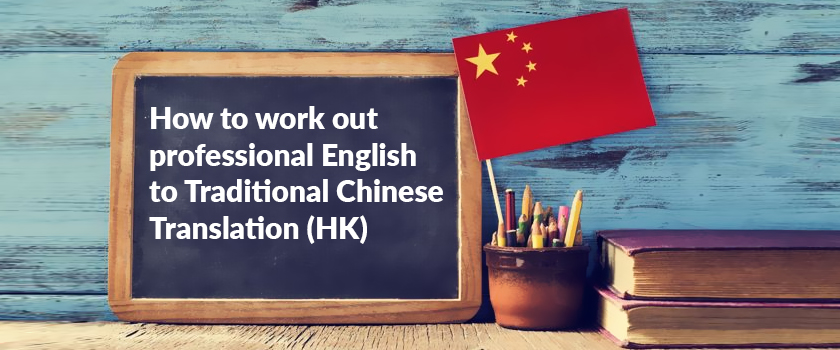I doubt many mainland translators think English to Traditional Chinese Translation is a sticky business. Though we are in the same country, we share a different expression in many aspects, also the different character patterns.
Thus, how to work out professional English to Traditional Chinese Translation for mainland translators? Is there anything we need to pay special attention when translating? Here we are going to pick some examples from the translation work I did last month.
It is about home-based program. We will focus on parent/guardian expression then.
Example 1: Early Head Start Program
We translate it as “啟蒙計劃”, here we may notice the character “劃”, which is easy to be typed as “畫”.
Example 2: Guidelines for Parents
In simplified Chinese we may translate it as “父母指南”, while in traditional Chinese translation we tend to take it as “父母指南指導方針”. The difference lies in translation of word “Guidelines”.
Example 3: a key element in best supporting children and families
Here we may note two points, the translation of “element” and “support”. In simplified Chinese, we translate them as “因素” and “支持” in that order; while in traditional Chinese, we translate as “元素” and “支援”. So the whole sentence may be translated as “為兒童和家庭提供最佳支援的關鍵元素”.
Example 4: Home Visitor will telephone/contact the family
Traditional Chinese is more concise and kind of classical Chinese. We have to keep it in mind when do translation. Traditional Chinese version is “家訪者將致電//聯絡家庭”. We shall notice “telephone/contact” is translated as “致電/聯絡”, while in simplified Chinese it is “打电话给/联系”. Besides, “visit” should be translated as “探訪” in traditional Chinese.
Read Also: XENON Automation Asia Limited English to Chinese Translation Case Study
Example 5: Prenatal education, including education about fetal development
Translation: 產前衛教,包括與胎兒發育相關的衛教
Emphasis should be put on word “education” which is translated as “教育” in simplified Chinese, while “衛教” here in traditional one.
Example 6: Information and support for breastfeeding mothers
Translation: 為母乳哺育的母親提供資訊和支援
As we mentioned above, “support” is translated as “支援”. We should pay attention to two more points here in this sentence: “Information” and “breastfeeding”, which are expressed as “資訊” and “母乳哺育”, compared to simplified Chinese version “信息” and “母乳喂养”.
Take a look at how we helped our client by localizing their project for English language. Click here to read the complete case study
Here we go for this article. Have you got all of these? Maybe next time we can share more words with different expressions.



